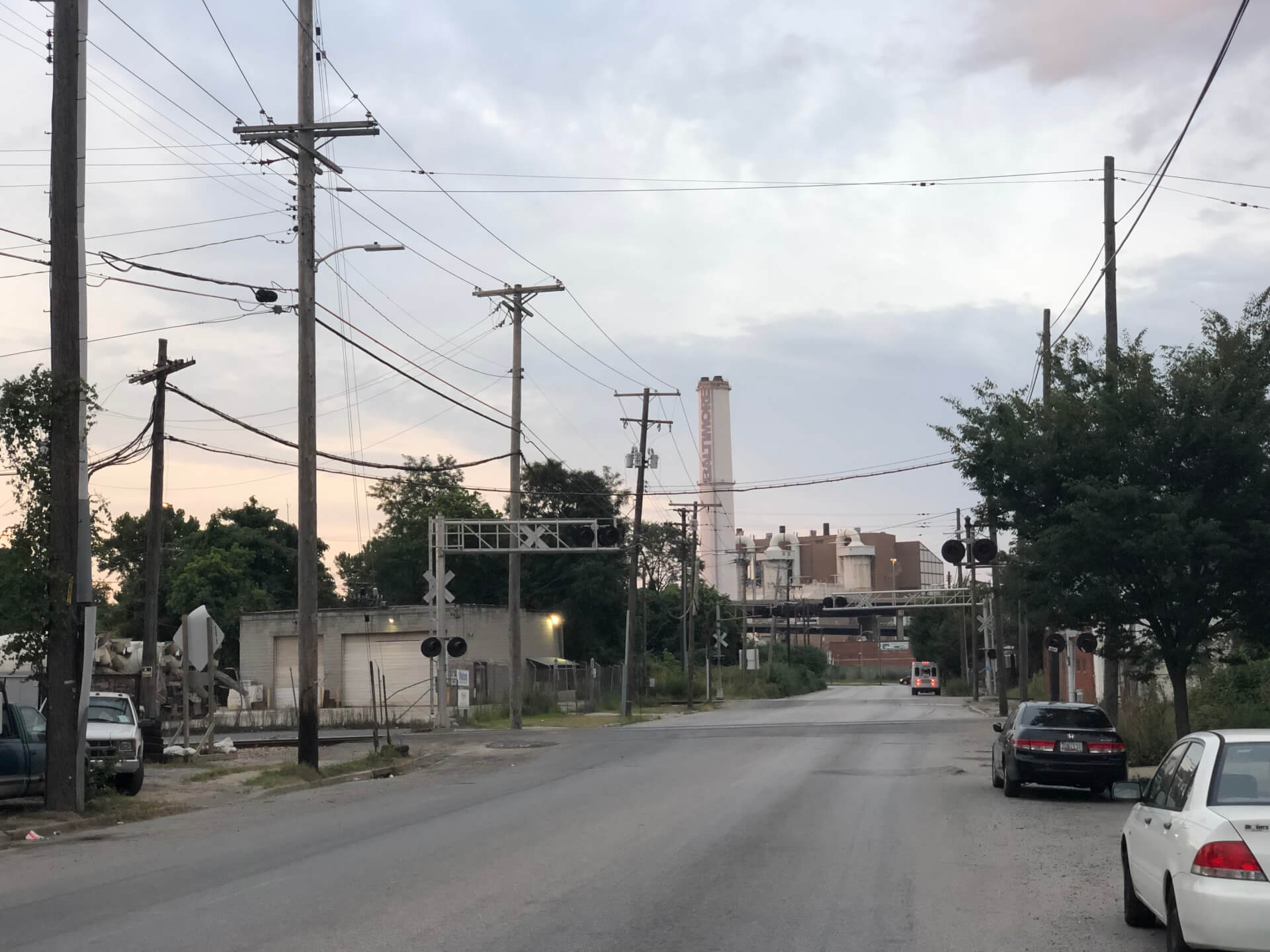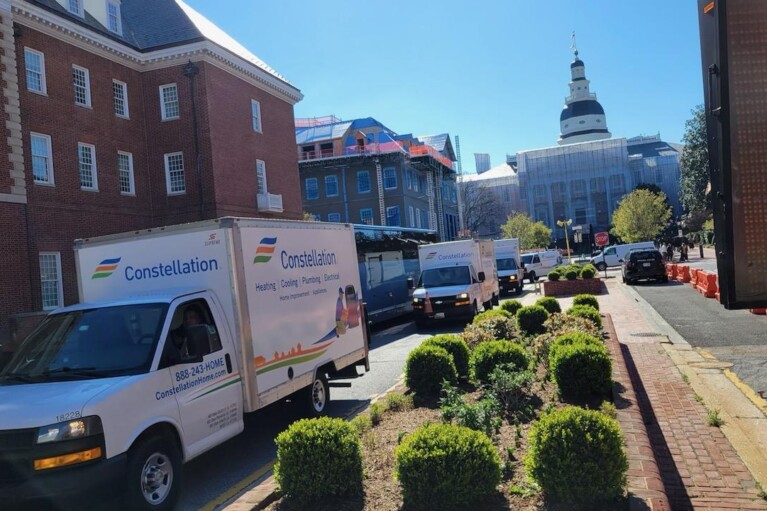Hough Tries New Approach in Bid to End Clean Energy Subsidies for Trash Incinerators

Senate Minority Whip Michael J. Hough (R-Frederick) tried a new approach Wednesday in his years-long effort to change the official state classification of a controversial renewable energy source.
After failing last week to attach an amendment to a bill that would have stripped fuel generated by Maryland’s two waste-to-energy plants from qualifying for tax breaks under the state’s renewable energy portfolio standard (RPS), Hough on Wednesday used a different piece of legislation as a vehicle for an amendment to downgrade fuel produced from trash as a clean energy source.
Whether his latest gambit is more successful won’t be known until at least next Tuesday.
Hough has been on a long crusade to remove the fuel from the two trash-to-energy plants ― one in Baltimore City, the other in Dickerson ― from the menu of clean energy sources that qualify for state tax breaks. He has argued, along with environmental groups and many Democrats, that the plants produce too much air pollution to justify the clean energy designation.
But Hough has encountered procedural and political opposition over the years, and that was the case Friday, when he tried to add the waste-to-energy fuel to a bill that would eliminate “black liquor,” the byproduct of paper production, from the state’s RPS. His amendment died on a 16-30 vote, largely along party lines ― though the bill to eliminate clean energy status for black liquor is likely to pass. Democratic leaders expressed concerns about attaching a consequential amendment to a bill without holding a public hearing on the measure.
On Wednesday, as the Senate began to consider a bill from Sen. Katherine A. Klausmeier (D-Baltimore County) that would indefinitely extend the status of hydropower as a “tier 2” fuel in the RPS, a designation that is below the “tier 1” status of cleaner energy like wind and solar power ― and waste-to-energy fuel ― Hough sought to attach an amendment changing the status of incinerator fuel to “tier 2.”
“The [energy] source that produces the most pollutants ― the most carbon emissions ― should be in tier 2, not tier 1,” Hough told his colleagues. He noted that energy produced at waste-to-energy plants had tier 2 status in Maryland until 2011.
Senate Finance Committee Vice Chairman Brian J. Feldman (D-Montgomery), who led the fight against Hough’s original amendment Friday and generally takes the lead on energy measures on the Senate floor, quickly rose to suggest the Senate put off discussion of Klausmeier’s bill until Tuesday. That would give the Finance Committee the opportunity to “have a robust discussion” about Hough’s amendment.
Feldman told Maryland Matters later Wednesday that the committee hasn’t decided on how to proceed with Hough’s proposal.
The Democrats’ reluctance to act this session on his bid to make waste-to-energy fuel ineligible for clean energy tax breaks has vexed Hough and gotten him musing on why he’s staked out a position as a conservative Republican that could be interpreted as being to the left of mainstream Democrats. He noted that many Democrats voted in favor of his amendment during earlier iterations of the clean energy debate.
“Continuing to allow [trash-to-energy fuel] to compete with cleaner sources makes no sense,” Hough said.
While Hough attacks his Democratic Senate colleagues on this issue from the right, Democrats are also feeling some heat on the left. A recent opinion piece in Medium by Owen Silverman Andrews, the co-chair of the Baltimore City Green Party, suggests that Democrats are hesitant to act because of special interest campaign cash they’ve received.
“What’s important to understand about what went down on the state Senate floor [last week] is that every Democrat who spoke out against this amendment has received significant donations from Covanta, which operates the trash incinerator in Montgomery County and a larger one in Northern Virginia, and/or Wheelabrator, the operator of the Baltimore City trash incinerator,” Andrews wrote.
Last fall, in the final weeks of Bernard C. “Jack” Young’s tenure as mayor of Baltimore, the city renewed a 10-year contract with Wheelabrator to continue operating the trash incinerator ― despite requests from residents in the neighborhood and environmental justice advocates to demand emissions reductions at the plant.
Current Baltimore Mayor Brandon M. Scott (D), then the City Council president, voted against the contract extension when it came before the city’s Board of Estimates last fall. Can the Scott administration seek to revisit the contract with Wheelabrator that the lame-duck Young shepherded through? A spokeswoman for the mayor, Stefanie Mavronis, did not respond to an email seeking comment on Wednesday.
Even if Hough’s latest legislative effort to strip trash-to-energy fuel from the RPS falls short again, there will be other attempts to do so. Last year, the Hogan administration introduced legislation called the Clean and Renewable Energy Standards bill, which included deleting the RPS subsidies for black liquor and trash incineration. An updated version of the bill is expected to be introduced soon by House Economic Matters Committee Chairman Dereck E. Davis (D-Prince George’s).




 Creative Commons Attribution
Creative Commons Attribution